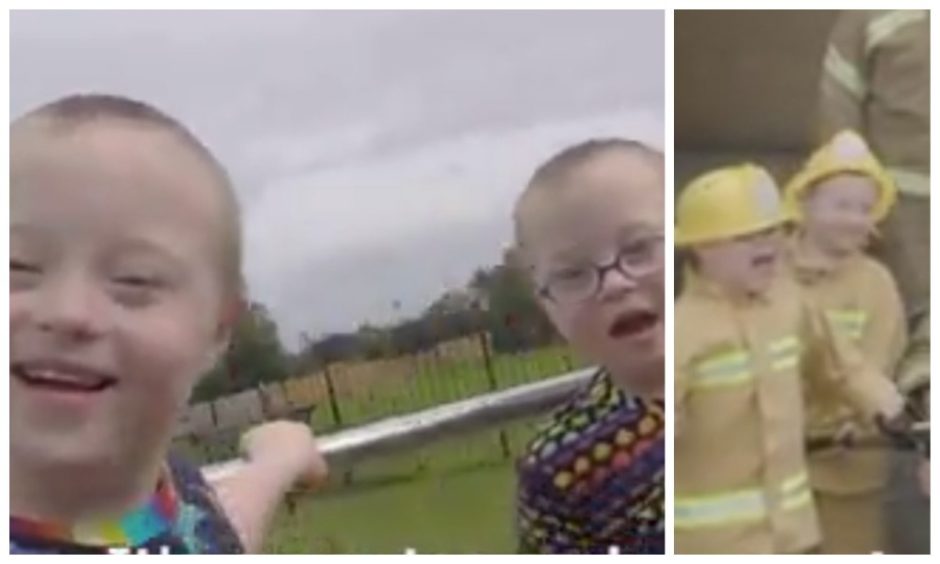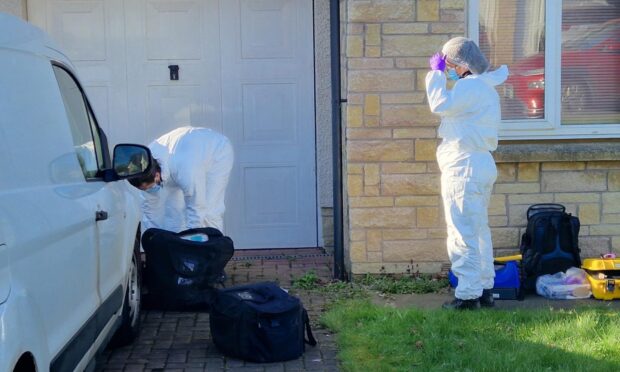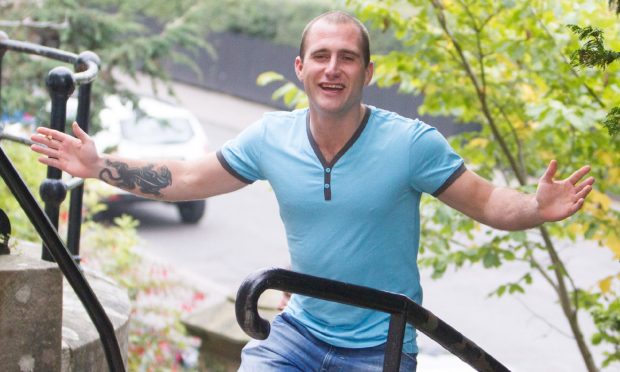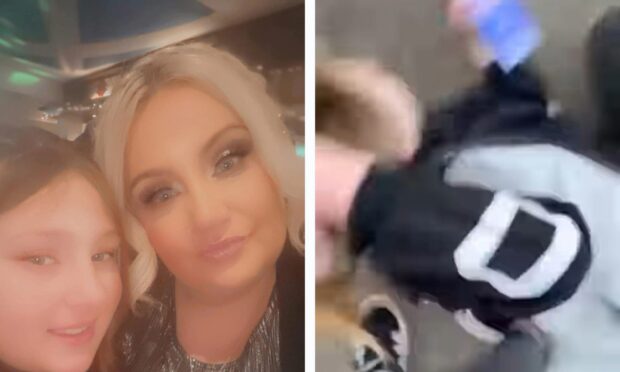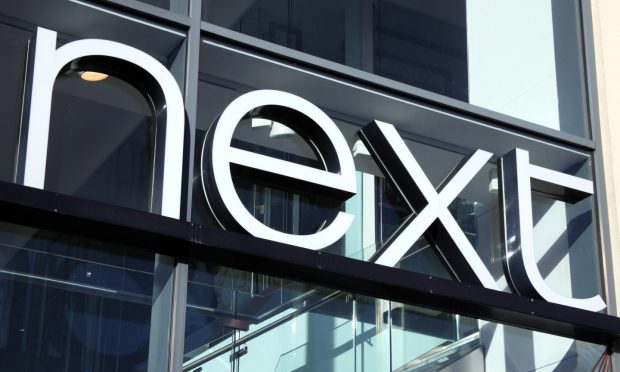This heartwarming video shows identical twin boys who both have Down’s syndrome as they test out jobs including a fireman – to raise awareness of the condition.
Ollie and Cameron Scougal, aged six, have stared in a national film about employment which their mum hopes will help change ‘outdated perceptions’.
The boys, from Dundee, tested out jobs at the fire service, a café, hairdressers and a supermarket.
Mum Elaine claims there are too many ‘outdated’ views of Down’s syndrome and people expect those with the condition to seek voluntary roles instead of paid work.
Elaine said: “I think there are a lot of outdated perceptions out there about Down’s syndrome, and learning disabilities in general are a barrier to people getting jobs.
“There’s an assumption by many that people with Down’s syndrome don’t have the competence or ability to work and that a voluntary role is more suitable if anything.
“I hope that the film helps employers to think about people with Down’s syndrome as potential employees, people with hopes, dreams and ability.
“I also hope that it encourages parents to talk about employment opportunities with their children so that they have a presumption of seeking employment when the time comes.
“It’s about creating the ethos of seeing each employee as an individual, not as a condition or disability, and evaluating how their individual needs can be met within any employment context.
“That takes an open mind, but I believe, slowly, more minds are opening to employing people with disabilities and tailoring training to meet needs.”
Ollie and Cameron have become internet hits since Elaine set up a Facebook page when they were just weeks old.
It now has more than 200,000 followers who enjoy watching videos of the boys and reading about their latest updates.
Elaine said: “After a few weeks of hearing some stereotyped views and pitying reactions to Cam and Ollie’s diagnosis after birth, we decided we wanted to spread the word that our children were children, not defined by their chromosome counts.
“We set up the Facebook page and it took off so quickly, I think due to identical twins with Down’s syndrome being quite rare, occurring at a rate of about one or two in a million births.
“Through the page, we have documented their journey as they’ve grown from three weeks old to nearly seven years old now through videos, photographs and stories.
“We get messages regularly stating that the page has opened their eyes about Down’s syndrome in terms of rebutting stereotypes they might have held.
“Some people also comment that they were very aware that the boys had Down’s syndrome when they first started following but now they’ve forgotten.
“That’s a big thing – that the diagnosis just fades into the background and people just see them for who they are, Ollie and Cam.
“That’s what we hoped for.”
The twins took part in the Down’s Syndrome Association’s film for their employment programme WorkFit, which is seeking to promote the message that children with the condition should grow up expecting to be employed.
The WorkFit scheme brings together employers and jobseekers who have Down’s syndrome.
It is a tailored service dedicated to training employers about the learning profile of people who have Down’s syndrome so that they can be supported in the workplace.
Statistics show that nationally, just 5.9 per cent of people with a learning disability are in paid employment in England, which is a downward trend year-on-year.
WorkFit hopes that the new film will encourage more businesses to consider signing up to the programme.
Alison Thwaite, WorkFit employment and development manager, said: “The film aims to promote a ‘presumption of employment’, where children who have Down’s syndrome grow up expecting to be employed and are spoken to about what they might like to do from an early age.
“They can then incorporate their career goals into their education and, when they’re ready to transition to employment, come to WorkFit with ideas of what they would like to do.
“We also hope the film encourages more potential employers to consider signing up to WorkFit.
“All of our support is free of charge and without obligation and continues as long as the person who has Down’s syndrome is employed.”
ENDS
